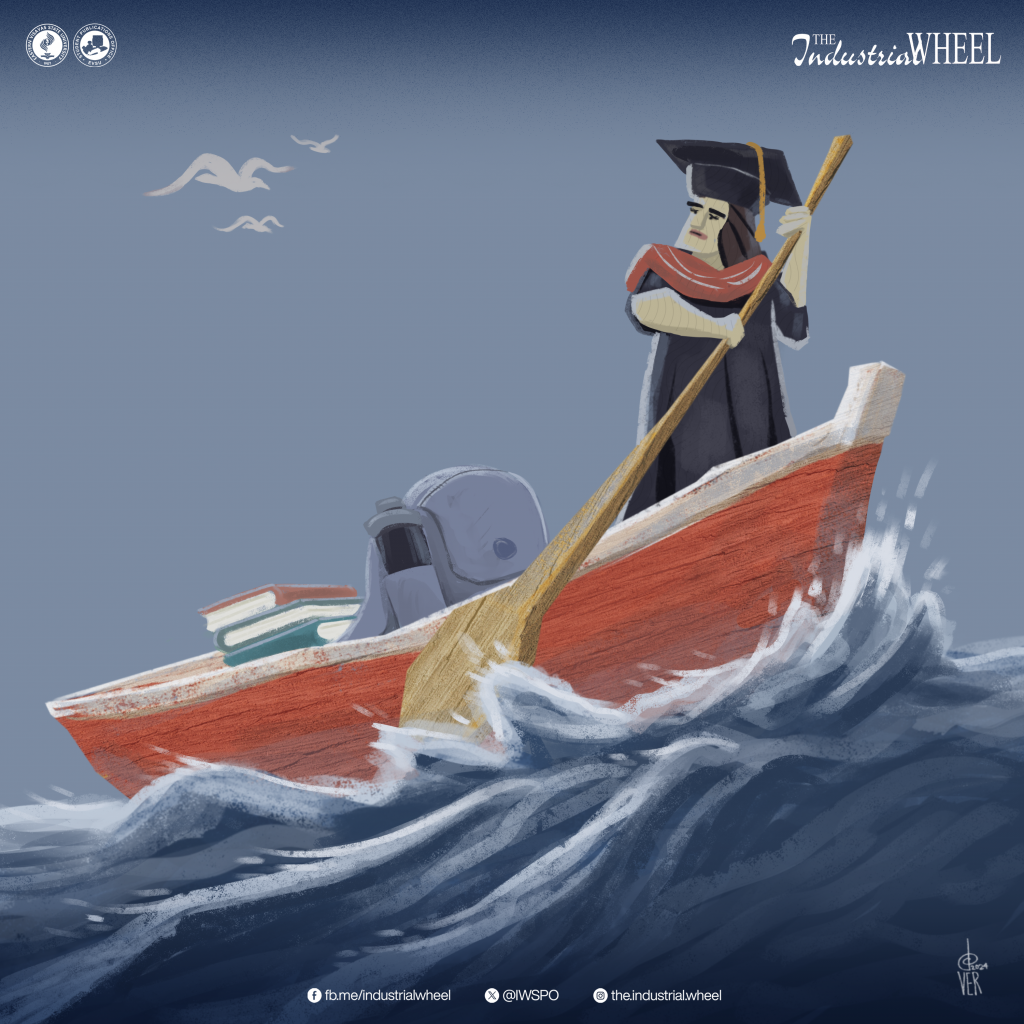
University life is often heralded as a transformative period, filled with opportunities for personal growth, academic achievement, and social exploration. However, the reality of this experience can vary significantly from student to student. It is a time characterized by both challenges and triumphs, where young adults learn not only about their chosen fields but also about themselves and the world around them.
While some may find this period overwhelming, others thrive in the vibrant atmosphere that the university offers. Yes, it is an experience that shapes individuals into more informed and capable members of society—ready to tackle the world beyond academia with confidence and resilience. However, for many, the path is not always straightforward.
Take, for example, students who are nearing graduation. As the end of their senior year approaches, it signifies not just the culmination of years of hard work but also evokes a complex mix of emotions and even a tinge of anxiety. Why? Because anything is still possible—it can either be your gateway to stepping forward into your next chapter or an extended future endeavor within the university.
Perhaps some of us still choose to remain unbothered, but failing to avoid the trap of complacency can lead to a cautionary tale, especially for students nearing graduation.
Consequently, they also say that your senior year in college is the easiest compared to the previous years. If you have made it through the most difficult battlefield—often referred to as the “junior years”—a period marked by a growing sense of purpose, then you may think the final year is smooth sailing. However, this phase also brings nervousness about the future as we transition into upperclassmen, where the weight of expectations and decisions can feel both exhilarating and daunting.
This is a period where we question everything—from our chosen program to contemplating letting go due to uncertainties about our skills, abilities, and knowledge. This gravity leads us to consider whether to move carefully on the chessboard or allow external factors to checkmate our King. There are unforeseen risks that we may not anticipate, and one wrong move could demolish the tower of bricks we have built.
As someone who feels compelled to offer unsolicited advice, I always remind myself of one thing—the need to finish what I started, even if it means continuing with a sense of emptiness and a fragile passion. I trick myself into believing everything is okay because as long as I keep moving forward and maintain a dose of perseverance, the fire within me will find its way to ignite again.
However, even though some have already passed this stage, it does not guarantee our future as senior-year students by merely stepping one inch closer to turning the tassel.
For others, this may sound true, but a part of me disagrees. Just like in any other year, I should not become comfortable or assume that my fate is already sealed just because I am a graduating student. The peril of complacency can still lead to a deferred graduation and act as a silent saboteur.
Just as a seasoned marathon runner conserves energy for the final push, graduating students must still manage their time, resources, and mental well-being to ensure a successful transition. The weight of these years is not to be taken lightly. As we approach the finish line, the pressure to define our career paths intensifies. The once-distant “real world” looms ever closer, and the uncertainty of what lies beyond graduation can be paralyzing. It is a time when we grapple with questions of identity, purpose, and the daunting task of translating our academic achievements into tangible career prospects.
The fear of failure, of not living up to expectations, or of simply making the “wrong” choice can still cast a long shadow over what should be a celebratory chapter. Yet, amidst these anxieties, there lies a potent opportunity for self-discovery and growth. While the temptation to coast may be strong, the final stretch is not merely an end—it is our launching pad.
Article by Christalyn Marie Tiunayan
